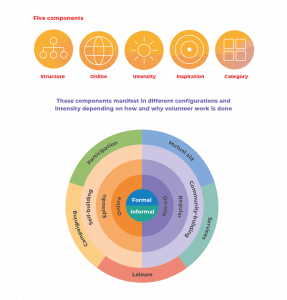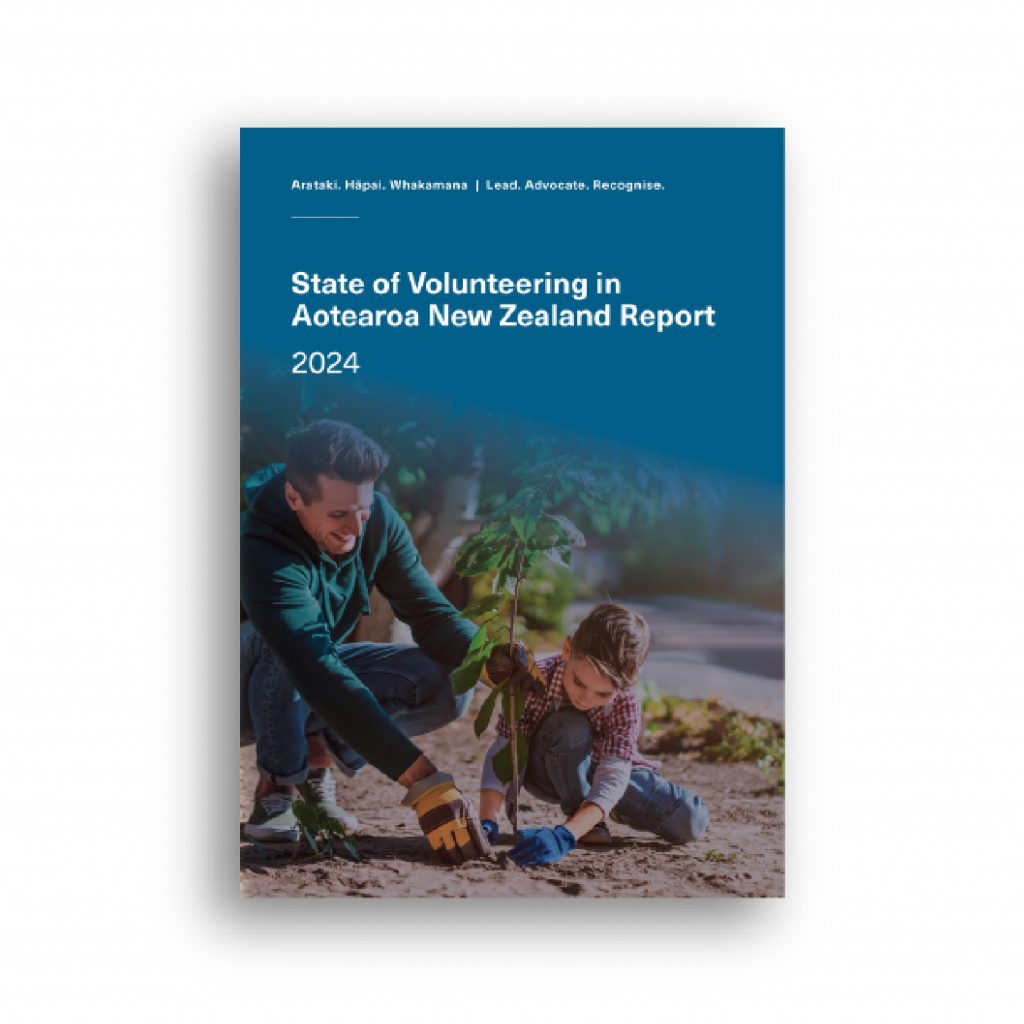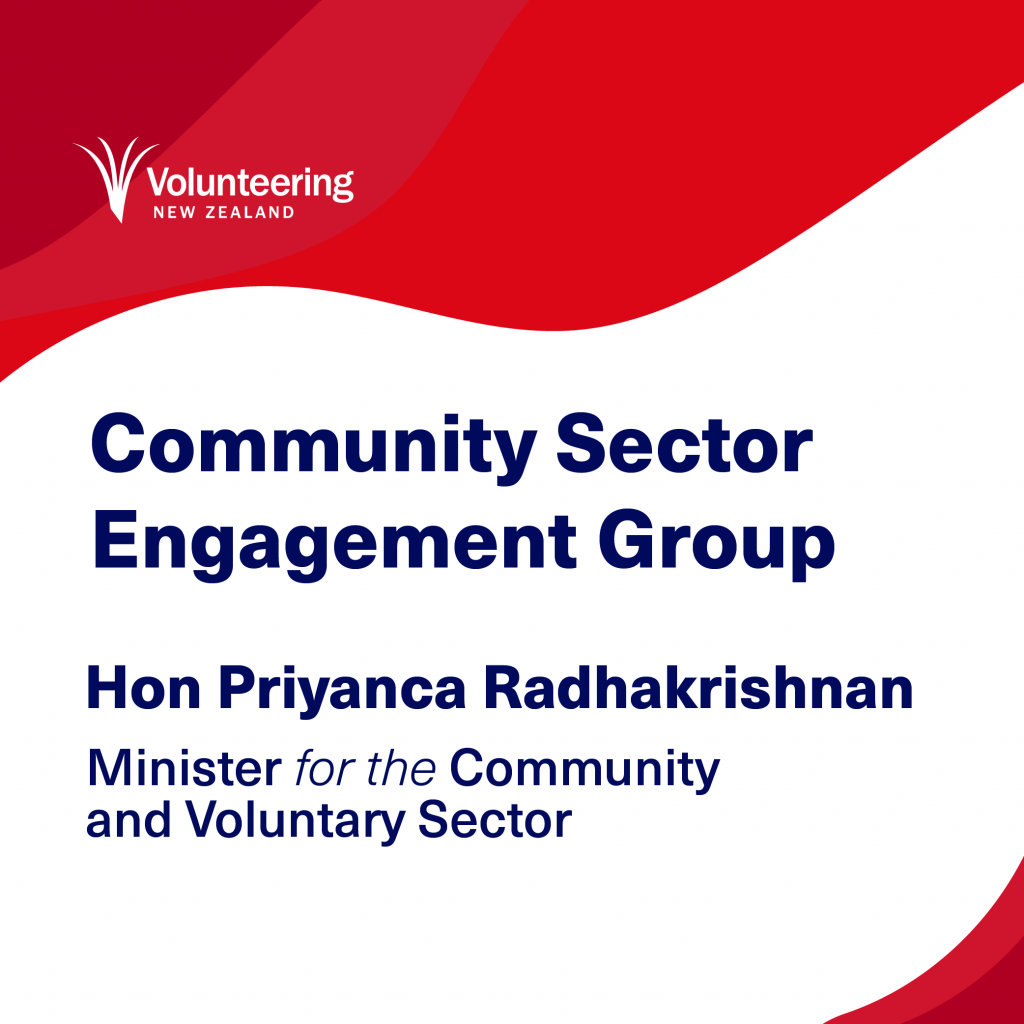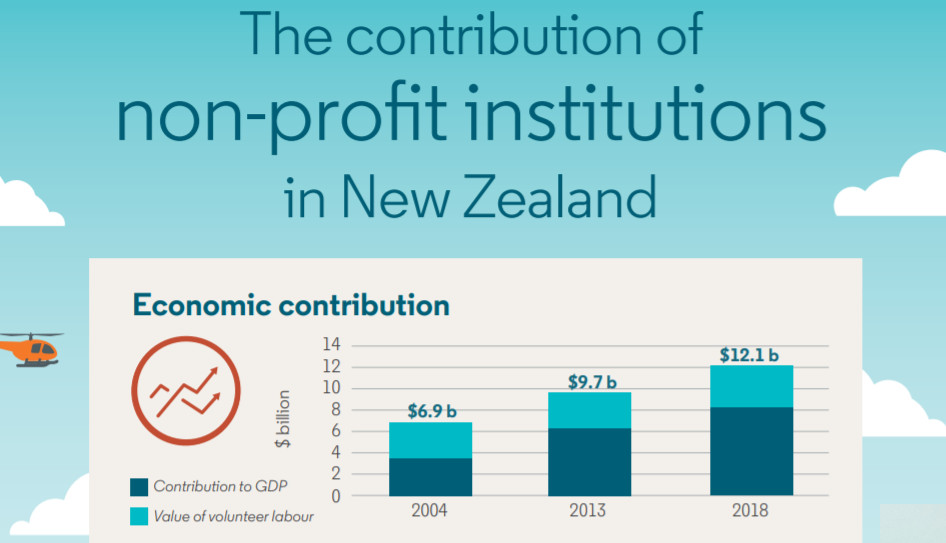The 2022 State of the World’s Volunteerism Report: Building Equal and Inclusive Societies has recently been released by the United Nations Volunteers.
The report highlights the vital role of partnerships to address the most pressing challenges now facing countries and regions. The report explores how volunteers collaborate with people in government, and how volunteers play a significant and diverse role in decision making, producing services, and developing innovative solutions. The report sheds light on the new grounds of volunteerism and provides insights on how volunteerism is linked to human rights.
Key findings
The findings of the report show that:
- volunteerism can promote a culture of collaborative decision-making. Through shaping and prioritising issues that are important to them and their communities, volunteers contribute to outcomes that are relevant and responsive to the needs of communities.
- volunteerism can alter unequal power relations between people and government.
- volunteerism offers diverse pathways to civic participation but remains unequal which means there are limited opportunities for some groups.
- volunteers are often in the unique position of brokering relationships between service providers and service users. Volunteers act as mediators between marginalised groups and people in government.
Informal volunteering
The report highlights the importance of informal volunteering with 14.3% participation globally; while 6.5% of working-age people worldwide engage in formal volunteering via an organisation or association. Informal volunteering occurs directly between individuals and communities without being mediated by an organisation.
During the COVID-19 pandemic, informal, spontaneous, people-to-people volunteering has endured. Communities have continued to respond to the crisis in significant ways, despite limited mobility and resources. While the need for volunteers has increased, pandemic-related challenges have reduced volunteer engagement in many countries. Some volunteer groups have changed their approach as the crisis has evolved.
Shift in meaning of volunteering
The report also explores a shift in the definition of volunteering and how volunteering is a complex concept that means different things to different people. Cultural and community-based values influence how volunteering is practiced and the spread of new technology has diversified the ways in which volunteers contribute and gather. Informal, community-based, episodic and spontaneous volunteering are also increasingly recognised. These forms of volunteering challenge the popular view that volunteering only happens within an organisation. This new model of volunteering takes a broad view of volunteering. Previously, the characteristics of volunteering were precisely defined. However, in the new model, volunteering is defined according to five components, each representing a dimension of volunteer action. These are not mutually exclusive.
 The components of volunteer action are:
The components of volunteer action are:
- structure (formal and/or informal)
- site (online and/or offline)
- intensity (episodic and/ or regular)
- aspiration (self-building and/or community-building)
- category (service, mutual aid, participation, campaigning and leisure).
Social contract in volunteerism
The report explores the idea of the social contract in the volunteerism domain. Social contracts are dynamic: the relationships between people and government, and the power dynamics between them, continue to shift in response to new challenges such as aging, gender inequalities and climate change.
The report says that volunteerism can play a fundamental role in building and strengthening people-government relationships and help build more equal and inclusive societies.
The social contract in the volunteerism domain is based on three priorities:
- ensure human rights for all by extending social contracts to marginalised sectors of the society
- be inclusive and recognise multiple inequalities that act as barriers to the engagement of certain groups
- protect the planet, ecological processes, and people’s relationship with nature.
Volunteer engagement and inclusion
Volunteering is an essential component in the co-production of services. Volunteers and people in government can leverage the partnerships for mutually beneficial outcomes.
The report suggests engaging volunteers from marginalised communities (e.g. rural women, peasant farmers, indigenous groups) in decision-making can contribute to long-term and sustainable solutions and ensure ownership in development. Volunteer participation, either directly or through representatives from the volunteer-involving organisations, enables inclusion and voice in society. Volunteers can generate new ideas to solve community challenges. The innovations facilitated by volunteers can lead to social transformations by changing social norms, attitudes and values, and lead to more sustainable outcomes.
Finally, the report provides several case studies from five regions: Africa, Asia and the Pacific, Europe and the Commonwealth of Independent States (CIS), Arab States, and Latin America and the Caribbean.
Policy recommendations
Based on this evidence, the report recommends policies to support action and collaboration between decision-makers and volunteers, volunteer-involving organisations, and their wider communities.
These include the need to:
- address barriers faced by marginalised groups in volunteering
- leverage partnerships through volunteering
- address gender-related volunteering inequalities
- leverage volunteers’ expertise, knowledge and experiences
- promote social innovation
- recognise informal volunteers’ work and contributions
- invest in volunteer data collection and, research and measurement.





About The Author: Margaret McLachlan
More posts by Margaret McLachlan